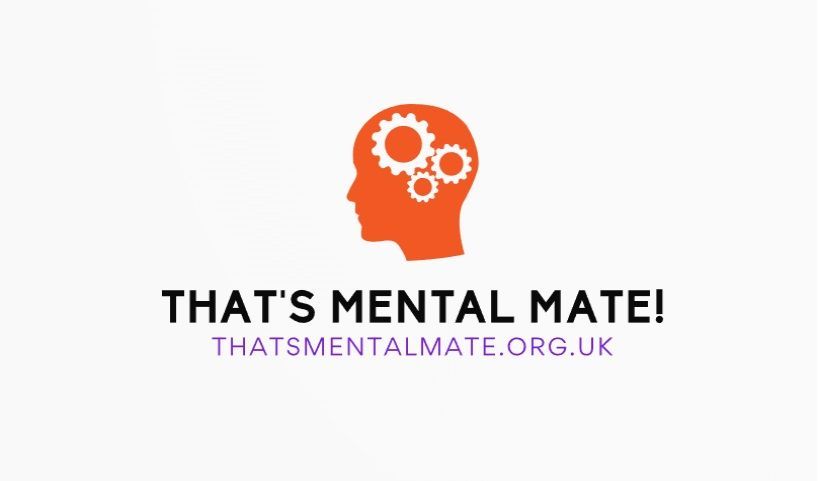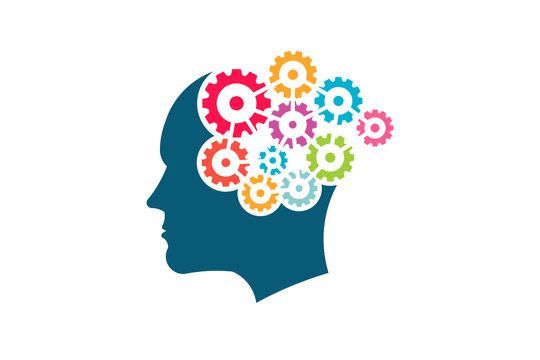Share Page
Anxiety

What is anxiety?
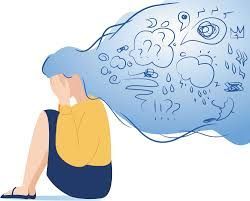
Anxiety is something that everybody suffers from to some degree. It's that feeling of discontent or fear tfhat a person may feel beore an interview or sitting an exam. Mild anxiety can be helpful as it can help you concentrate but more severe anxiety can be crippling.
What are the symptoms of anxiety?
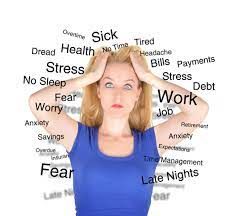
Anxiety has some distinctive symptoms which can include:
- Difficulty focusing.
- Feeling irritable and restless.
- Feeling Nauseous.
- Heart palpitations.
- Sweating, trembling or shaking.
- Difficulty sleeping.
- Feeling a sense of immediate danger.
What are the treatments for anxiety?
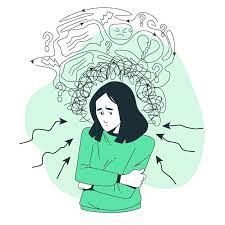
Some of the treatments for anxiety are listed but your first call should always be to a GP.
Treatments for anxiety include:
- Antidepressants.
- Benzodiazepines (short-term).
- CBT (Cognative Behavioural Technique).
- Avoid alcohol.
- Avoid caffeine.
- Applied relaxation.
- Healthy diet.
- Exercise.
- Reduce stress.
- Sleep.
- Psychotherapy.
- Support groups.
Links for NHS treatment
If you live in England and are aged 18 or over, you can access NHS talking therapies services for anxiety and depression.
A GP can refer you, or you can refer yourself directly without a referral.
NHS talking therapies services offer:
- talking therapies, such as cognitive behavioural therapy (CBT), counselling, other therapies, and guided self-help
- help for common mental health problems, like anxiety and depression
The problems that talking therapies services can treat include:
- depression
- generalized anxiety
- social anxiety
- panic and agoraphobia
- other phobias
- obsessive-compulsive disorder (OCD)
- post-traumatic stress disorder (PTSD)
- irritable bowel syndrome (IBS)
- body dysmorphic disorder
You need to be registered with a GP to get talking therapies on the NHS.
To self-refer for Talking Therapies click here.
